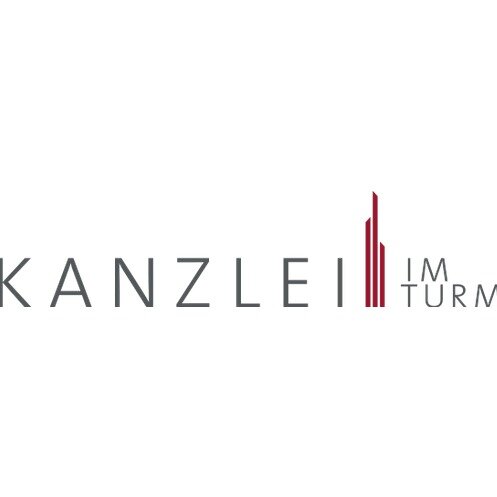Best Bankruptcy & Debt Lawyers in Winterthur
Share your needs with us, get contacted by law firms.
Free. Takes 2 min.
List of the best lawyers in Winterthur, Switzerland
About Bankruptcy & Debt Law in Winterthur, Switzerland
Bankruptcy and debt law in Winterthur, Switzerland, falls under the ambit of Swiss federal law. A central aspect of these laws is the protection of debtors and creditors. Someone declared bankrupt due to insolvency is legally absolved of most of their debts. However, the process is complex, and the consequences can last for years.
Why You May Need a Lawyer
Dealing with bankruptcy and debt can be complex and emotionally taxing. A lawyer with local expertise can help understand the legal implications, assist in paperwork, provide advice on decision-making, and represent you in negotiations with creditors or in a court of law. Situations like facing a debt collection proceeding, considering filing bankruptcy, or being an entrepreneur facing business insolvency might require the skills of a professional lawyer.
Local Laws Overview
Under Swiss law, individuals or businesses unable to pay their debts can file for bankruptcy. After bankruptcy proceedings, the debtor's assets are liquidated to repay creditors, and most remaining debts are forgiven. However, some financial obligations, such as child support, fines, and certain taxes, are not exonerated.
Frequently Asked Questions
What happens to my assets if I become bankrupt in Winterthur?
Your assets will be liquidated and used to repay your creditors. However, certain assets necessary for a modest lifestyle may be exempted.
Can I keep my business running after filing for bankruptcy?
It depends on the exact situation and the type of bankruptcy filed. In some cases, the business can continue operations during the bankruptcy proceedings.
Can bankruptcy remove all my debts?
No, certain debts like child support and fines are not exonerated even after bankruptcy proceedings.
How long does bankruptcy stay on my credit record?
Bankruptcy can stay on your credit record in Switzerland for up to five years.
What is the difference between bankruptcy and debt restructuring?
Bankruptcy leads to the liquidation of assets and most often the end of your business. Debt restructuring allows a business to downsize or restructure debts to improve financial stability.
Additional Resources
The Federal Office of Justice Switzerland provides comprehensive information on bankruptcy laws. Additionally, organisations such as the Swiss Debt Advice Foundation offer guidance to people struggling with debt. Online platforms like Legal.ch offer expert legal advice and lawyer referrals.
Next Steps
If you are considering filing for bankruptcy or are dealing with significant debt, contacting a lawyer should be your first step. Ensure to gather all relevant documents, including your financial statements and a list of your assets and liabilities, which will be needed during your initial consultation.
Lawzana helps you find the best lawyers and law firms in Winterthur through a curated and pre-screened list of qualified legal professionals. Our platform offers rankings and detailed profiles of attorneys and law firms, allowing you to compare based on practice areas, including Bankruptcy & Debt, experience, and client feedback.
Each profile includes a description of the firm's areas of practice, client reviews, team members and partners, year of establishment, spoken languages, office locations, contact information, social media presence, and any published articles or resources. Most firms on our platform speak English and are experienced in both local and international legal matters.
Get a quote from top-rated law firms in Winterthur, Switzerland — quickly, securely, and without unnecessary hassle.
Disclaimer:
The information provided on this page is for general informational purposes only and does not constitute legal advice. While we strive to ensure the accuracy and relevance of the content, legal information may change over time, and interpretations of the law can vary. You should always consult with a qualified legal professional for advice specific to your situation.
We disclaim all liability for actions taken or not taken based on the content of this page. If you believe any information is incorrect or outdated, please contact us, and we will review and update it where appropriate.
Browse bankruptcy & debt law firms by service in Winterthur, Switzerland
Winterthur, Switzerland Attorneys in related practice areas.










